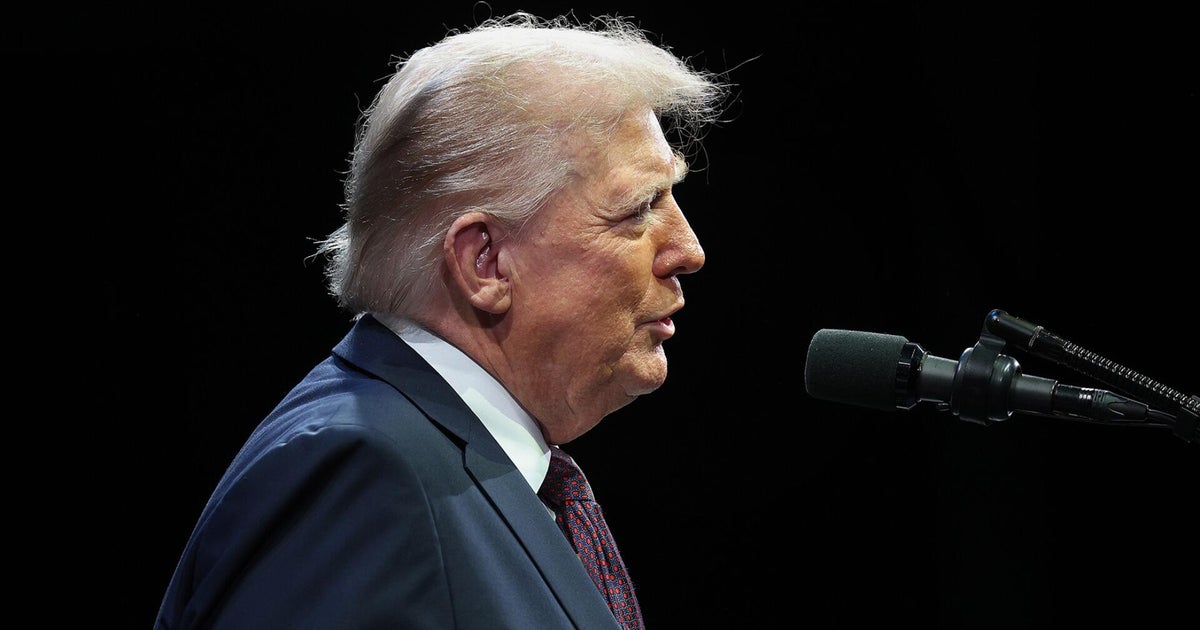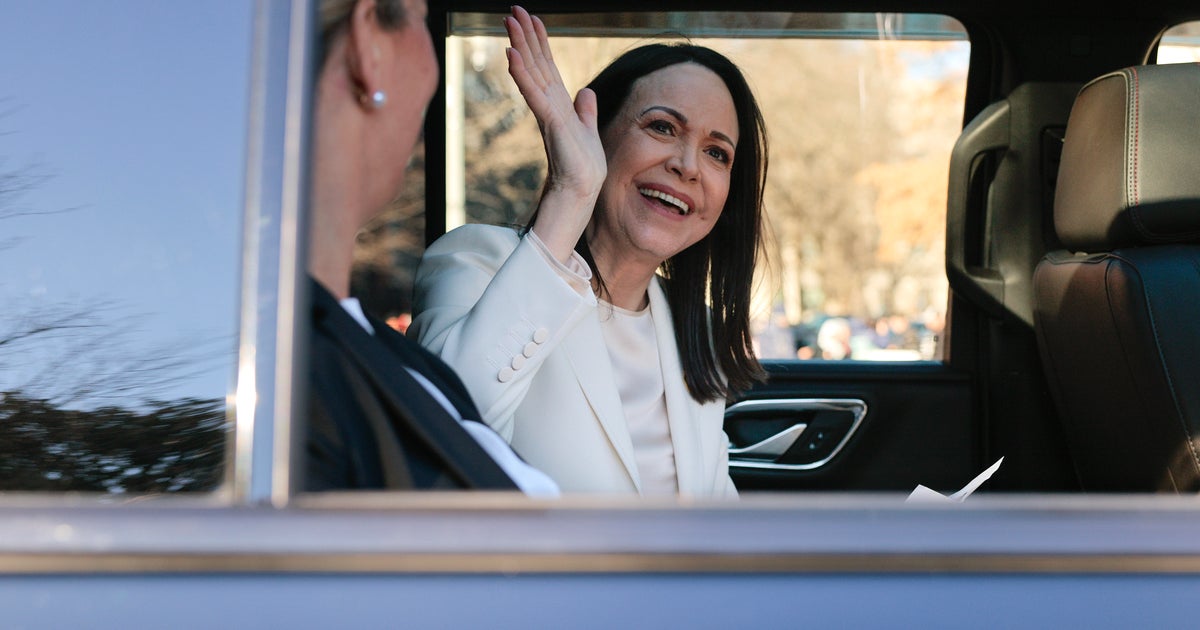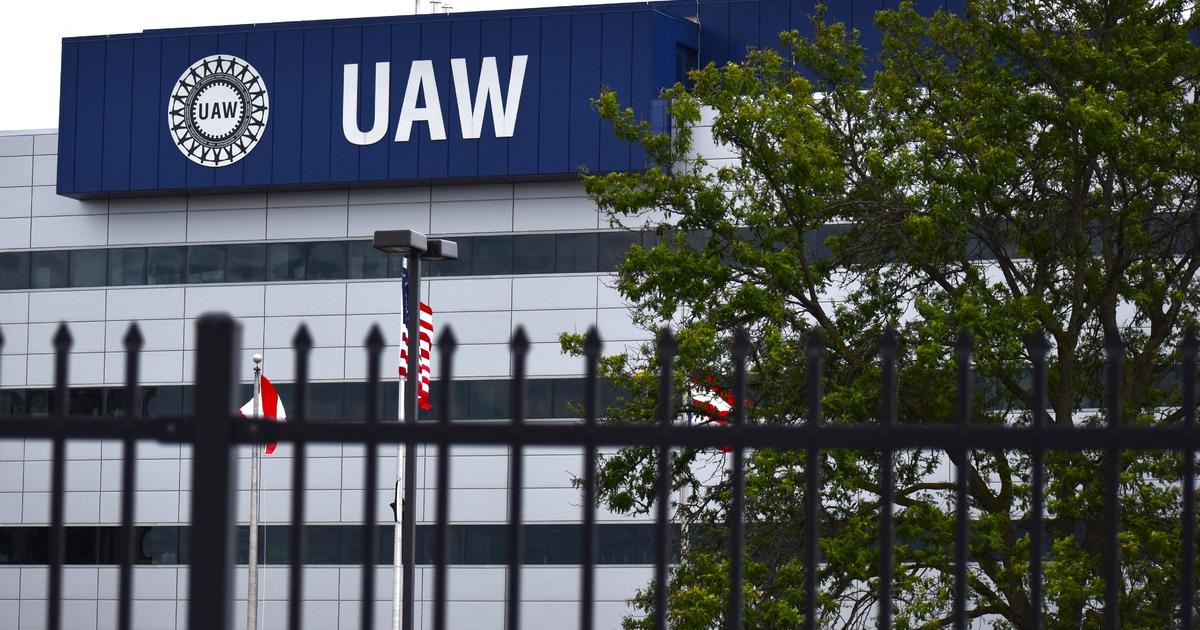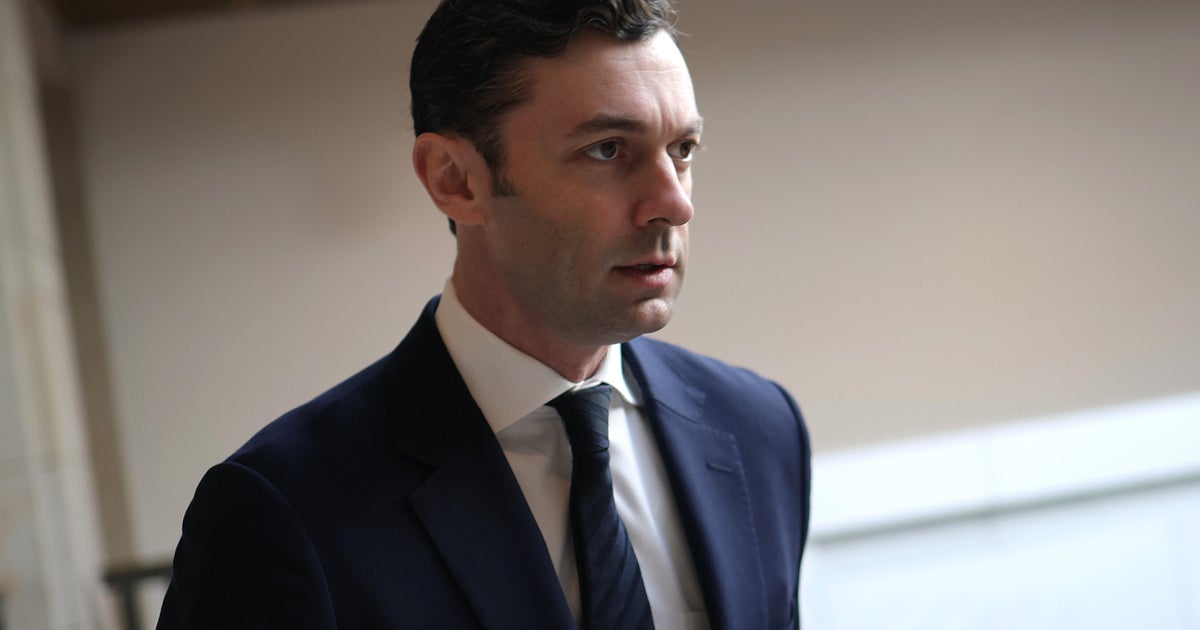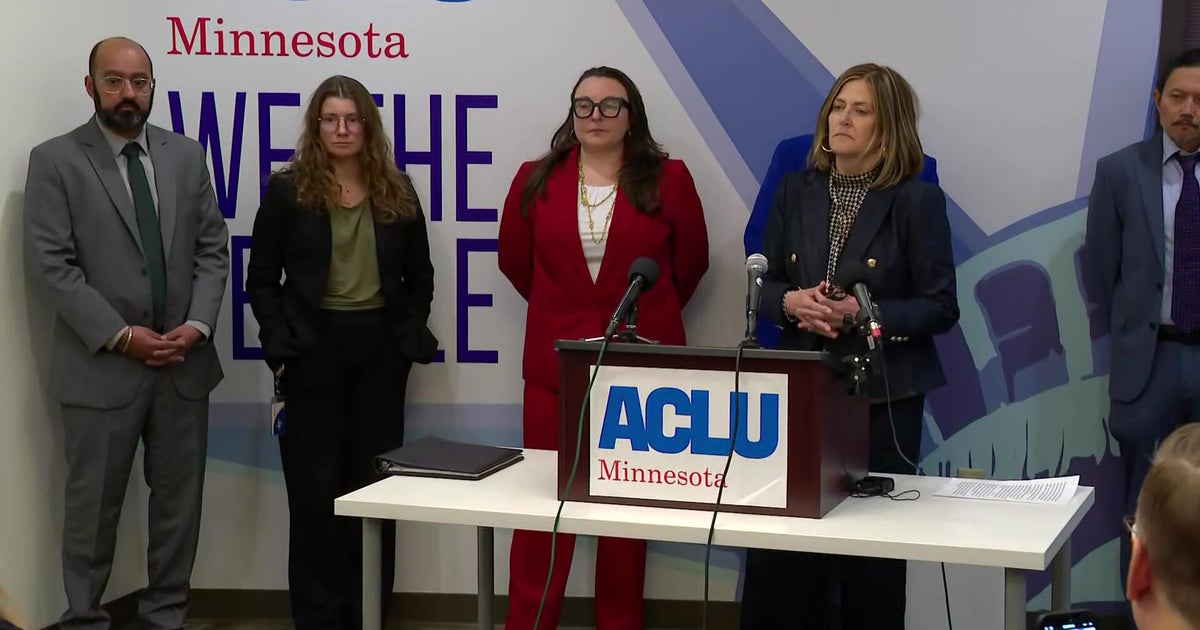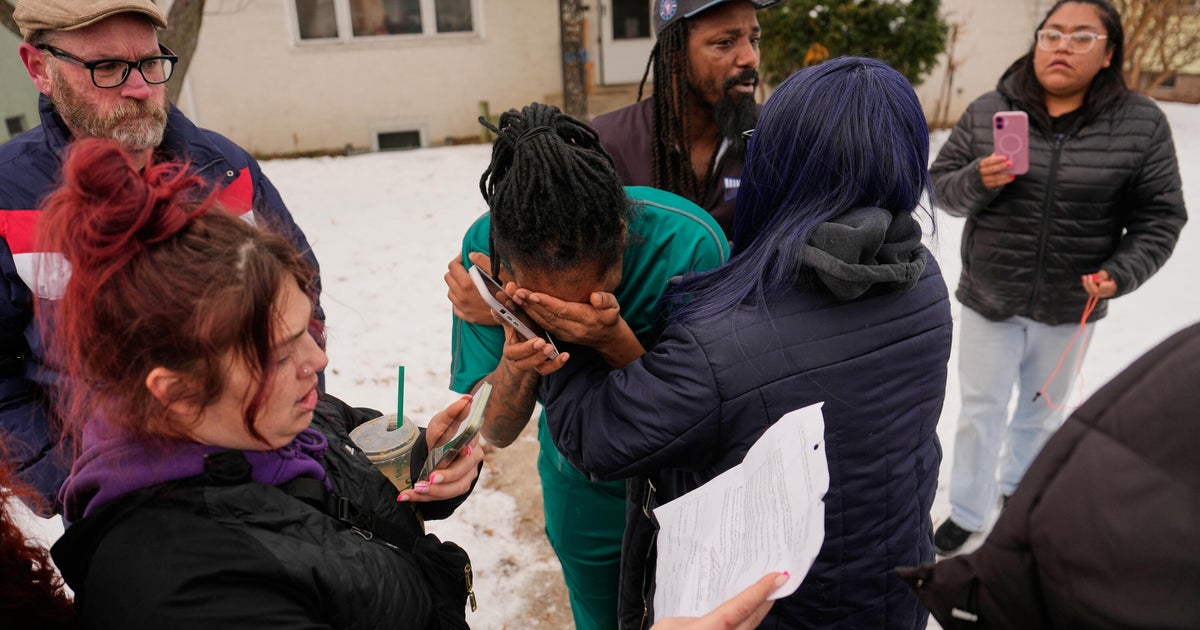Clock Is Ticking As Rubio Looks To Pick Up Bush Donors
Follow CBSMIAMI.COM: Facebook | Twitter
TALLAHASSEE (CBSMiami/AP) — Following Jeb Bush's departure from the GOP presidential race, his protégé, Marco Rubio, seemed poised to pick up the former governor's donors. But the swing to the young senator has been slower than expected, leaving other donors nervous that the mainstream GOP is running out of time to rally behind a single candidate.
Despite key commitments for Rubio from parts of Bush's vast fundraising network, others seem exhausted and disillusioned by what they thought was Bush's clear shot at the presidency, eclipsed by the rise and durability of the outsider Donald Trump.
That has some former Bush supporters toiling vigorously behind the scenes, petrified that if Rubio does not emerge as the consensus alternative to Trump by mid-March, the party crown will fall to Trump by default.
"In another set of circumstances, there's a period of mourning," said Dirk Van Dongen, who was a key fundraiser for the Bush campaign in the Washington, D.C., area. "But with the situation over the next month, as critical as it is, in terms of delegate accumulation, people are realizing they need to make their decision pretty quickly."
Bush, the son and brother of the past two GOP presidents, ended his 2016 presidential campaign Saturday after placing a distant fourth in the South Carolina primary. The disappointing finish in the election year's first Southern primary followed similarly discouraging results in Iowa's leadoff caucuses and the first-in-the-nation New Hampshire primary early this month.
Though Bush's support was lean, he left behind a robust national network of contributors who helped his campaign, along with a group dedicated to promoting Bush, raise more than $123 million over the past year.
A signal to Bush donors to move quickly to Rubio would certainly help the cash-strapped Florida senator, who had just $5 million on hand at the beginning of February, according to federal campaign finance reports filed Saturday. Rubio now faces the costly task of competing in multiple states ahead of the March 1, the so-called Super Tuesday when several states hold nominating contests.
During a brief conference call with donors Wednesday, Bush lamented that he was unable to break through in a "a year of outsiders making a compelling case to people that were deeply disaffected and angry." But he came no where near naming one of the remaining contenders as a suitable substitute for his network's support.
"My hope is that a conservative will win the nomination and that he will go on to win the presidency for our country's sake," Bush said during the call lasting less than three minutes. "And I intend to do whatever I can to make that happen."
Rubio has been competitive in the early contests, despite a stumble in New Hampshire after a shaky performance in the final debate before the Feb. 9 primary. He finished in second place to Trump in the Feb. 20 South Carolina primary, and a distant second to Trump in Tuesday's Nevada caucuses. Rubio gained steam early with a strong third-place showing in Iowa's leadoff caucuses, stumbled in New Hampshire, but surged to second place over Texas Sen. Ted Cruz in South Carolina.
Van Dongen and other former Bush fundraisers said the biggest group of supporters of the former Florida governor was now opting to support Rubio. However, the failure of Bush, once a presumed front runner, had stalled donors such as Washington, D.C. lawyer Jamie Wareham.
"The D.C. crowd hasn't really coalesced yet. We're waiting to see what Jeb says," Wareham said.
Likewise, Chicago utility company CEO John Rowe, said, after investing so much hope in Bush, the next move cannot be rushed.
Rowe, a devotee to "the so-called establishment" said his heart moves to Ohio Gov. John Kasich but his head goes to Rubio, whom he described as "smart, young and seems to fit what people are after."
Rowe said he would likely contribute to Rubio's campaign and an outside group supporting him, which by law can take unlimited dollars, unlike campaigns which are held to contribution limits.
"I expect at some point I will write a $25,000 check," Rowe said. "I'd like to wait a week or two, but my friends who are for Rubio say it's more pressing than that."
That's because almost 60 percent of the total delegates in play for the nomination are up for grabs in March. The balance is tilted toward contests in the first two weeks of March, starting with March 1, when 11 states hold contests.
Early March is stacked with more contests where delegates are apportioned based on a candidate's proportional vote than the states which follow. Starting March 15, states may award all of their delegates to the winner of their primaries or caucuses, making whoever is ahead by mid-month the favorite moving forward.
Former Bush donor Ron Gidwitz of Chicago said he plans to give both to Rubio's campaign and Conservative Solutions, a so-called super PAC which can receive unlimited contributions.
"He needs to be perceived, if he's going to be successful, as a winner," Gidwitz said. "The more people he gets signed on the sooner, the more people might elect to follow him, and support him financially."
There are signs that the pro-Rubio group is in the best position to act quickly. The group has reserved almost $4 million in television advertising for Super Tuesday states.
For more on Campaign 2016, click here.
(TM and © Copyright 2016 CBS Radio Inc. and its relevant subsidiaries. CBS RADIO and EYE Logo TM and Copyright 2016 CBS Broadcasting Inc. Used under license. All Rights Reserved. This material may not be published, broadcast, rewritten, or redistributed. The Associated Press contributed to this report.)

